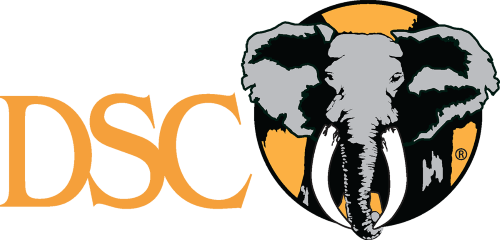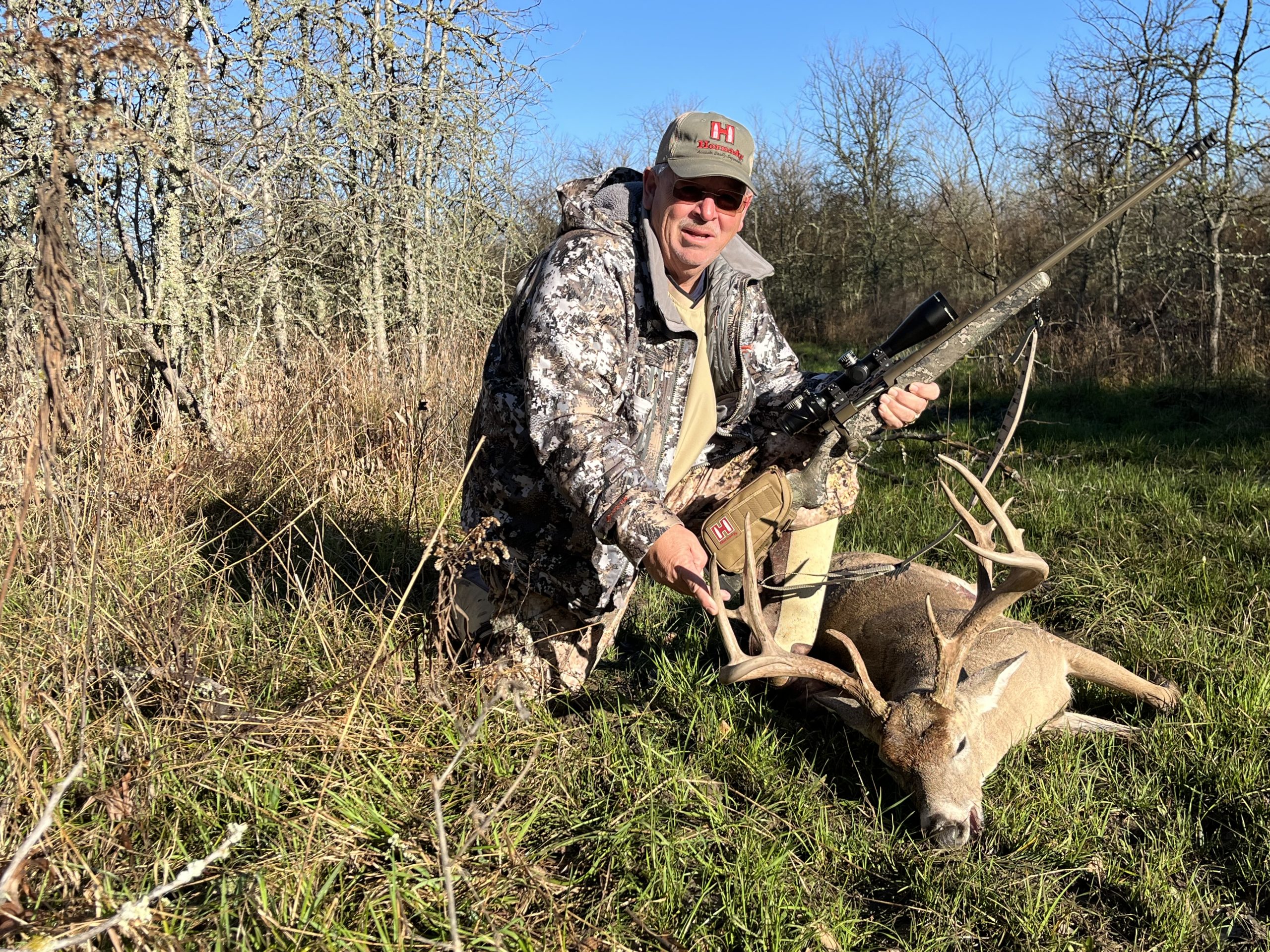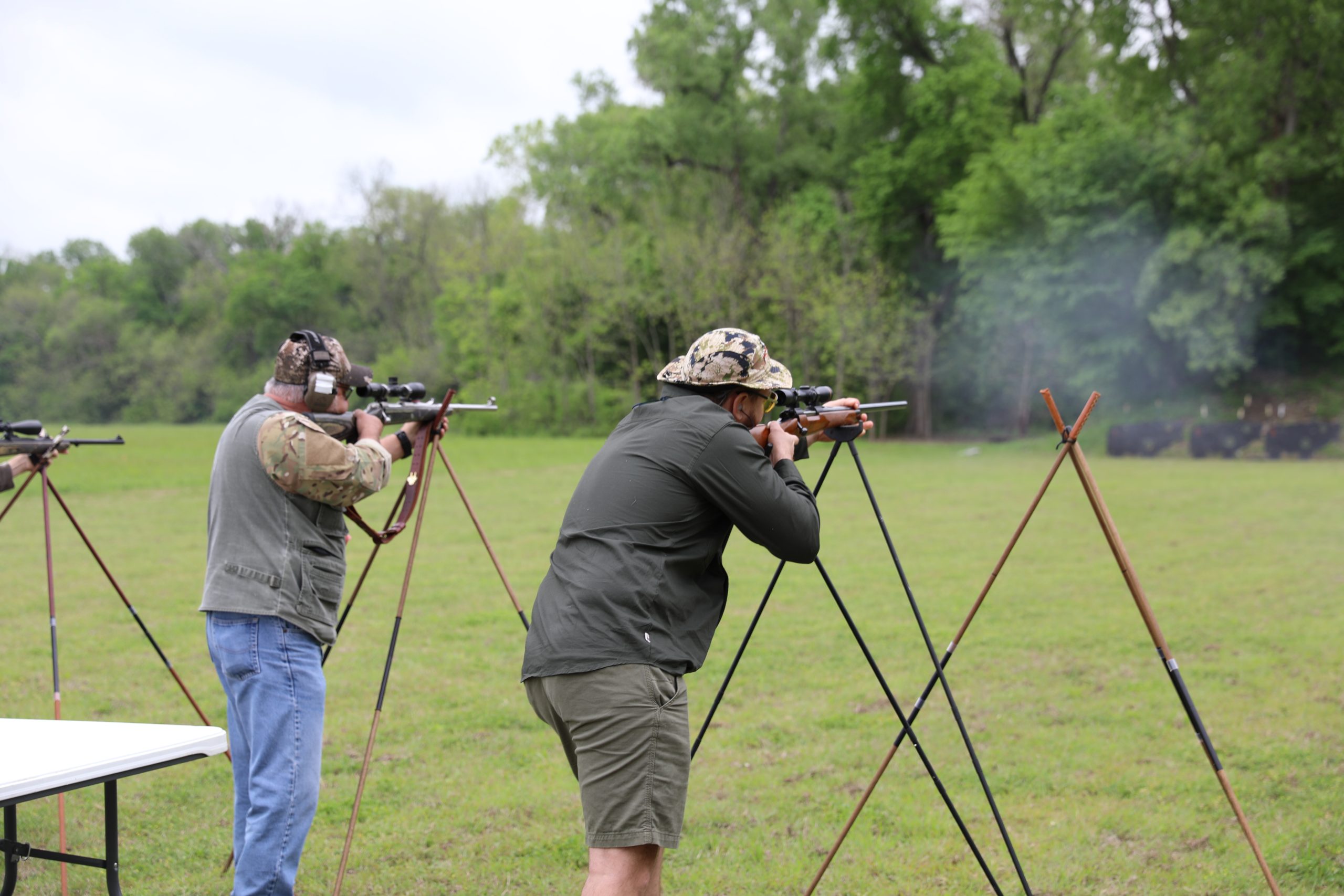[box] DSC greatly supports the decision by the Republic of Botswana to lift the 2014 hunting moratorium. The decision to lift the hunting moratorium was a significant step forward for Botswana’s science-based wildlife conservation policy. Moreover, Botswana’s controlled hunting program is designed to provide significant benefits to rural communities living amongst destructive and dangerous wildlife such as elephant and leopard. Although the importation of Botswana elephant into the United States is undetermined, DSC urges our members to engage with hunting operators holding an allocated elephant quota. Now, more than ever, the people and management authorities of Botswana need our support.[/box]
A recent media statement made by the Botswana Ministry of Environment, Natural Resources Conservation and Tourism is below or find the post here:
BOTSWANA CONTROLLED HUNTING PROGRAMME: A SUSTAINABLE, SCIENCE BASED CONSERVATION STRATEGY TO BENEFIT AND EMPOWER COMMUNITIES
1. On 23 May 2019, the Ministry of Environment, Natural Resources Conservation and Tourism (the “Ministry”) announced the lifting of the hunting moratorium following an extensive nationwide, democratic consultative process. The Presidential Sub-Committee of Cabinet on Hunting Ban and Social Dialogue (the “Sub-Committee”) made numerous findings and a formal presentation of the findings were made to Parliament. Among the Sub-Committee’s findings were:
i. An appreciation by citizens that they were being consulted, which many argued they were not consulted in the decision to implement the hunting moratorium;
ii. The decision to implement the hunting moratorium was not scientifically based;
iii. There was an increasing level of human-elephant conflict and significant impact on community livelihoods;
iv. Instances of predator predation on livestock was increasing;
v. The hunting moratorium was having drastic negative consequences on community livelihoods, especially amongst those communities that previously benefitted from consumptive utilisation of natural resources;
vi. Capacity constraints within the Department of Wildlife and National Parks (the “Department”) led to long response times to problem animal control reports; and
vii. A general consensus from those consulted was that the hunting moratorium should be lifted.
2. The Ministry reiterates Botswana’s sovereign decision to lift the hunting moratorium. The decision was not made haphazardly and was based on a democratic and extensive consultative process of affected communities and relevant stakeholders including NGOs, conservationists, scientists and leaders of neighbouring countries. The decision to lift the hunting moratorium was made in the best interest of aiding rural community livelihoods, stemming the rise of human-elephant conflict and incentivizing local communities to support sustainable-use conservation and tourism. The lifting of the hunting moratorium will revive numerous community-based organisations (“CBOs”) that became financially defunct following the moratorium as a result of the unviability of their marginal lands for non-consumptive purposes. The announcement of reintroducing hunting was met with great appreciation among the rural communities and welcomed by affected CBOs as it supports the concept of an inclusive conservation and tourism sector.
3. Controlled hunting is in accordance with numerous national government objectives. Pillar Three of the Botswana Vision 2036 calls for a “sustainable environment” promoting the sustainable and optimal use of natural resources to transform the economy and uplift the livelihoods of citizens. Following the implementation of the hunting moratorium, it became abundantly clear that non-consumptive practices on marginal lands did not contribute towards the economic development of Botswana nor did it contribute to the improvement of Batswana livelihoods. Furthermore, the Botswana Wildlife Policy of 2013 specifically recognises the importance of sustainable utilisation for Botswana’s conservation strategy. That is why the hunting moratorium was a temporary measure, renewed on an annual basis, rather than permanent. Lastly, it is an established strategic goal of the Ministry to derive value from the environment. The hunting moratorium’s embrace of non-consumptive practices led to significant revenue being lost to communities, a sense of disenfranchisement, and traditional rural peoples concern for wildlife transformed into resentment and therefore deterred from conservation efforts.
4. The Department has received letters by anti-hunting non-government organisations and photo tourism operators claiming the qualifying criteria for the special elephant quota auction and tenders are exclusive and inappropriate. All such claims are clearly promoting a special interest agenda not in the best interest of community livelihoods and wildlife conservation. A restrictive qualifying criterion protects the sector from those seeking to undermine and disrupt the controlled hunting programme. Moreover, a restrictive qualifying criterion promotes the greatest benefits being generated to communities on marginal lands. Those promoting these mistaken claims are reminded they had the opportunity to acquire the rights to these areas following the implementation of the hunting moratorium; however, they did not take advantage of the opportunity at that time.
5. The Ministry will like to remind all interested parties, including those who have persisted in telling falsehoods about Botswana’s conservation and hunting programme that:
i. The decision to lift the hunting moratorium is the sovereign right and decision of Botswana;
ii. The decision to lift the hunting moratorium was based on a democratic, consultative and nationwide process of affected stakeholders; and
iii. The controlled hunting programme will generate significant conservation benefits and support to community livelihoods that have been devoid since the implementation of the hunting moratorium.
6. The Department of Wildlife and National Parks is presently undergoing all the necessary steps to roll out the controlled hunting programme for 2020 to ensure it is in accordance with the recommendations set forth in the 23 May 2019 announcement. In undertaking this process, the Ministry is and will continue to engage all necessary affected stakeholders (i.e. government, scientists, private sector and communities). Moreover, the Department is working diligently to ensure the controlled hunting programme is guided by the highest ethical standards and principles of science-based sustainability. The controlled hunting programme will be founded on strict implementation standards measuring conservation and community benefits. Benefits to communities will go beyond that of immediate cash benefits and expand into building infrastructure and capacity within communities.
The Ministry will share more information as further developments are made with regards to the implementation of the 2020 hunting season.
For more information, please contact the Public Relations Unit at +267 3647923/85/97 or email MENT_PR@gov.bw.



